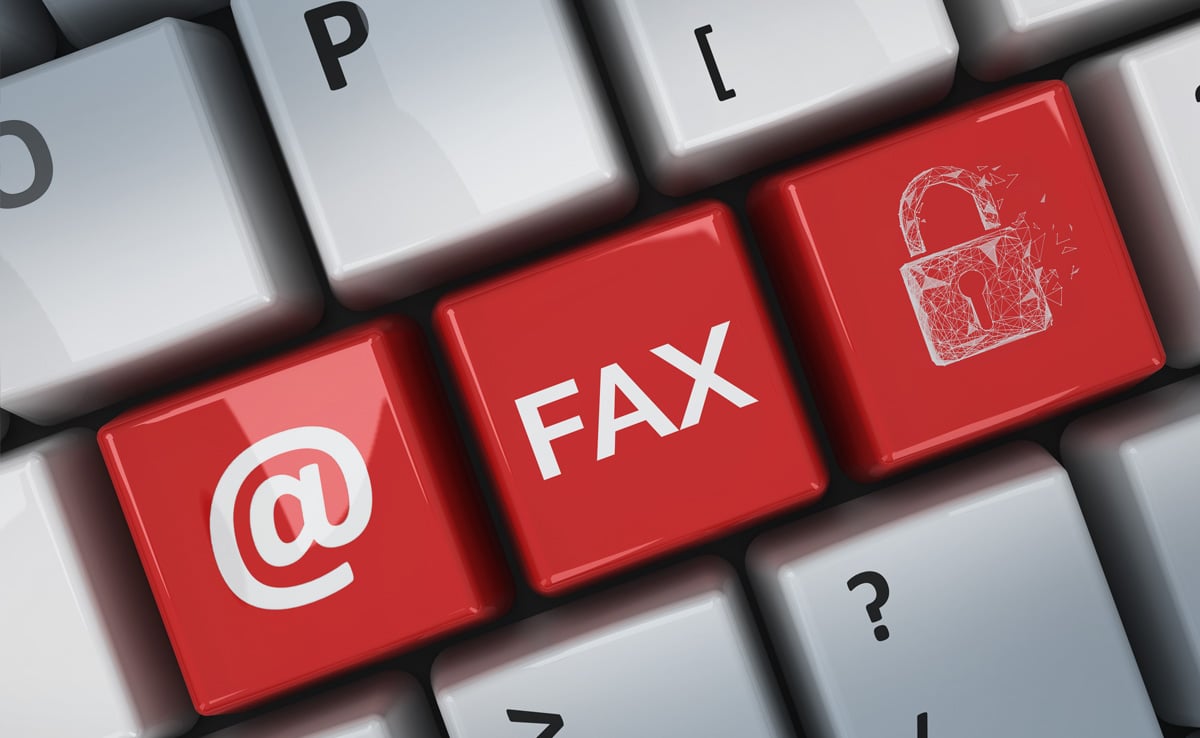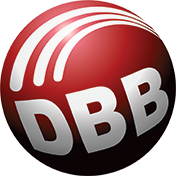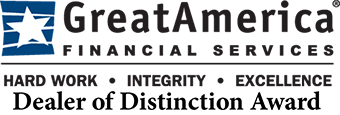
Believe it or not, faxing is secure – perhaps even more so than an email. That’s why this seemingly antiquated piece of office technology has thrived well into the 21st century. Whereas email has fallen prey to a constellation of attacks and security holes since its inception, faxing has remained quietly secure, effective, and the preferred mode of communication for certain industries.
Modern faxing has acquired many more capabilities than the machines of the last century and now represents a fully integrated document solution in the modern office. Read on to compare the security of faxing and email, what features faxing now has, and who should consider using a fax machine to send and receive sensitive data.
The Security of Fax Vs. Email
The question of fax versus email security has remained contentious into the 21st century. While many things point to the modern nature of email as proof that it’s more secure, diehard advocates of the security of hard copies note that a fax machine – unlike an email – are much harder to hack.
Both fax and email have advantages in the realm of security. Fax machines:
- Are not susceptible to phishing – the most common types of cyberattack, according to Cisco.
- Rely on a phone line, not an internet connection, meaning that a person needs physical access to the phone line to hack it.
- Don’t get viruses.
- Don’t have spam folders – or spam.
- In contrast, emails are easier to hack and are susceptible to malicious codes or social engineering by cybercriminals. However, emails can also:
- Be encrypted.
- Provide a record of where the email was sent, which may include delivery information.
- Operate on an intranet, a private network which is accessible only to the specific organization.
- Leverage integration with cloud services or other software which improves security further.
These two technologies each have different strengths when it comes to security. Email and faxing both represent secure options for transmitting information, depending on the information and how each option is configured.
However, as faxing technology has developed, it has begun to take on many more digital capabilities. Read on to learn about them and how it has changed fax security.
The Features of Modern Faxing
Although fax machines remain forever associated with the 1990s, the technology itself has quietly modernized alongside the offices which use it. Today, faxing has several fully modern capabilities which make it at home in a digital environment. These include:
- Fax servers. Rather than relying on a phone line and a physical fax machine, many modern offices leverage a fax server, a piece of hardware which allows connected devices to send and receive faxes by using a scanner.
- Faxing to and from digital locations. IP faxing relies on software and an internet connection to both receive and send faxes from an email or another digital location. These can then be sent to the printer to acquire a hard copy.
- Improved integration. The use of digital technologies for faxing makes it much easier to integrate into an office’s workflow, rather than remaining discrete as a result of the physical machine.
Likewise, many multifunction printers include faxing as a part of the repertoire of document solutions. That makes it even easier to integrate faxing into other parts of an office’s document ecosystem. The antiquated fax machine itself may be long gone but faxing remains a valuable part of a company’s document processes.
What Businesses Use Faxing?
Any business which operates in an industry where hard copies are the norm benefits from faxing. This primarily involves the legal and financial industries – particularly banking. Although many financial institutions are beginning to embrace paperless record-keeping, there are certain instances wherein physical documents must exist. A common example includes important notices for consumers or forms which are filled out at the bank.
Likewise, the healthcare industry also routinely uses physical documents in its daily operations. Everything from intake forms to prescription literature occurs in hard copy format.
In each of these cases, faxing represents a way to quickly and securely transmit data from one point to another. However, these are not the only businesses which use faxing. Any company that wants to move information securely while avoiding the cybersecurity risks of passing that information across the internet may opt to use faxing.
Faxing Is Secure: Do Better Business With Smarter Faxing
Although email is popular and convenient, faxing is a secure way to send data to another source. It remains a critical option in the 21st century for companies which routinely handle sensitive or protected data. Modern features such as IP faxing and fax servers increase the versatility of faxing technology. As a result, businesses can enjoy a fully integrated fax solution which works seamlessly within a modern office environment.
Doing Better Business helps organizations develop secure, effective communication processes. Contact us today to discuss faxing options for your office. Is Faxing Secure and Should It Be Used in Place of Email?

